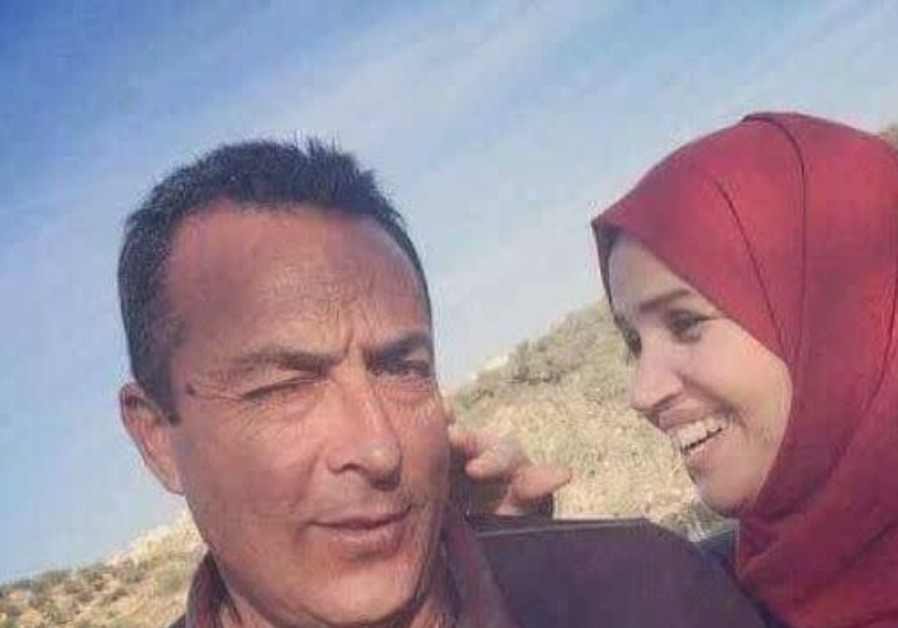Judge says DNA evidence enough to try Jewish teen in terror case

Aysha Rabi, the victim of an alleged attack by Jewish youth in the West Bank. (photo credit: Courtesy)
“His and only his,” the judge ruled. “There is no dispute that the Jewish minor touched the stone.”
Additionally, the judge said that the defendant’s silence, even before he became a suspect, strengthened the court’s evidence. Furthermore, the defendant did not establish an alibi.
The judge said the compilation of facts and evidence could “reasonably lead to the respondent’s conviction in the indictment.”
Until now, no one beside the Shin Bet knew what evidence they had regarding al-Rabi’s death.
Aside from being a Jewish terror case, the case also served to reanimate a debate over the Shin Bet’s aggressive handling of Jews accused of terror. Some argue that Jewish terror suspects should be treated the same as Palestinian terrorists, while others say no and said specifically that in this case the Shin Bet violated the rights of the five teen suspects. There has also been a debate whether or not, the minors were mistreated while under police interrogation.
Join Jerusalem Post Premium Plus now for just $5 and upgrade your experience with an ads-free website and exclusive content. Click here>>






Comments are closed.